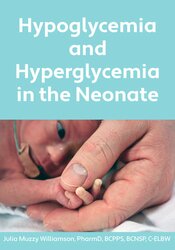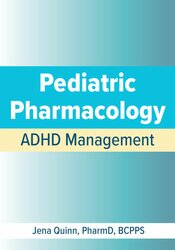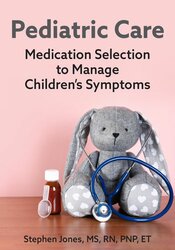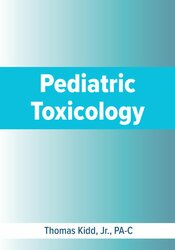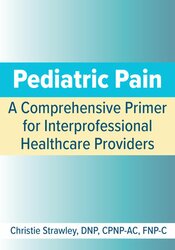- History of pediatric drug regulation
- WHO Challenges with drug development
- FDA drug regulation
- Best Pharmaceuticals for Children Act
- Pediatric Drug Research Equity
- Newly approved drugs for children and adolescents
- Drugs relabeled for pediatric patients
- Ongoing pediatric pharmacology studies/Pediatric Trials Network
- Pharmacokinetic differences in children
- Pediatric drug safety/Medwatch alerts
- American Association of Poison Control Centers Emerging Hazards
- Statistics
- Cannabinoid exposures
- Nicotine
- Laundry packets
- Opioids
- Drugs on the horizon
- Vaccine statistics
- Worldwide
- US
- Current CDC and ACIP recommendations for pediatric and adolescent recommendations
- New vaccines
- Updated recommendations for existing vaccines
- Catch up schedules
- Vaccinating for medical conditions
- Travel recommendations
- Resources for travel vaccine information
- Measles vaccine before travel
- Hepatitis A vaccine before travel
- Polio booster before travel to high-risk areas
- Vaccine adverse event reporting (VAERS)
- Overcoming vaccine hesitancy
- Vaccines on the horizon
- Antimicrobial resistance in the US and worldwide
- Trends in antibiotic resistance
- Over-use of antibiotics leading to resistance
- Emergence of resistant fungal infections
- How antimicrobial resistance evolves
- Review of sensitivity
- Review of antibiotic pharmacology
- Antibiotic classes
- Antibiotic pharmacodynamics
- Use of antibiogram
- Antibiotic choices based on pathogen susceptibility
- Understanding local resistance patterns
- Managing penicillin allergy
- Accurate diagnosis of penicillin allergy
- Penicillin allergy testing
- Inappropriate antibiotic prescribing
- Statistics
- Impact of inappropriate antibiotic prescribing
- Treating common pediatric respiratory infections
- Otitis media
- URI vs sinus infections
- Pneumonia
- Group A strep
- Treating common skin infections
- Impetigo
- Cellulitis/boils
- Paronychia
- Animal bites
- Treating urinary tract infections
- Infants and children under age 2 years
- Young children
- Adolescents
- Treating eye infections
- Treating gonorrhea and chlamydia
- Intracellular life cycle of viral pathogens
- Common viral infections treated in children
- Immunizations to prevent viral infections
- Polio
- MMR
- Varicella
- Rotavirus
- Influenza
- Hepatitis A
- Hepatitis B
- Human papillomavirus
- COVID-19
- Ebola
- Mpox
- Prescribing antiviral medications to children
- Antivirals for influenza
- Antivirals for herpes
- Antivirals for varicella
- PrEP
- Antivirals for Hepatitis C
- Prescribing immune globulins for children
- Overview of biologics including
- Plasma-derived therapeutic proteins
- Monoclonal antibodies
- Therapeutic recombinant human proteins
- Use of biologics in children and adolescents
- Vaccines and immune globulins
- Autoimmune diseases
- Juvenile idiopathic arthritis
- Inflammatory diseases
- Inflammatory bowel diseases (ulcerative colitis and Crohn's disease)
- Atopic dermatitis
- Psoriasis
- Asthma
- Hematologic diseases
- Hemophilia A
- Acute lymphoblastic leukemia (ALL)
- Hodgkin Lymphoma
- Malignant tumors
- RSV
- Safety concerns when biologic agents are prescribed
- Immunosuppression
- Risk of malignancy
- Hepatosplenic T-cell lymphoma
- Nonmelanoma skin cancer
- Biologics and Immunizations
- Evidence-based use of supplements
- Nutritional intake of children
- Nutritional and vitamin deficiencies in children
- Prescribing supplements
- Vitamins
- Probiotics
- Fiber
- Fatty acids
- Phytonutrients
- Unsafe supplement use
- Recommendations for treating common dermatologic conditions
- Atopic Dermatitis
- Acne
- Head lice
- Scabies
- Impetigo
- Candida
- Safety issues with dermatologic agents in children
- Topical corticosteroids
- Topical ectoparasiticides
- Drugs on the horizon
- Biologic agents



